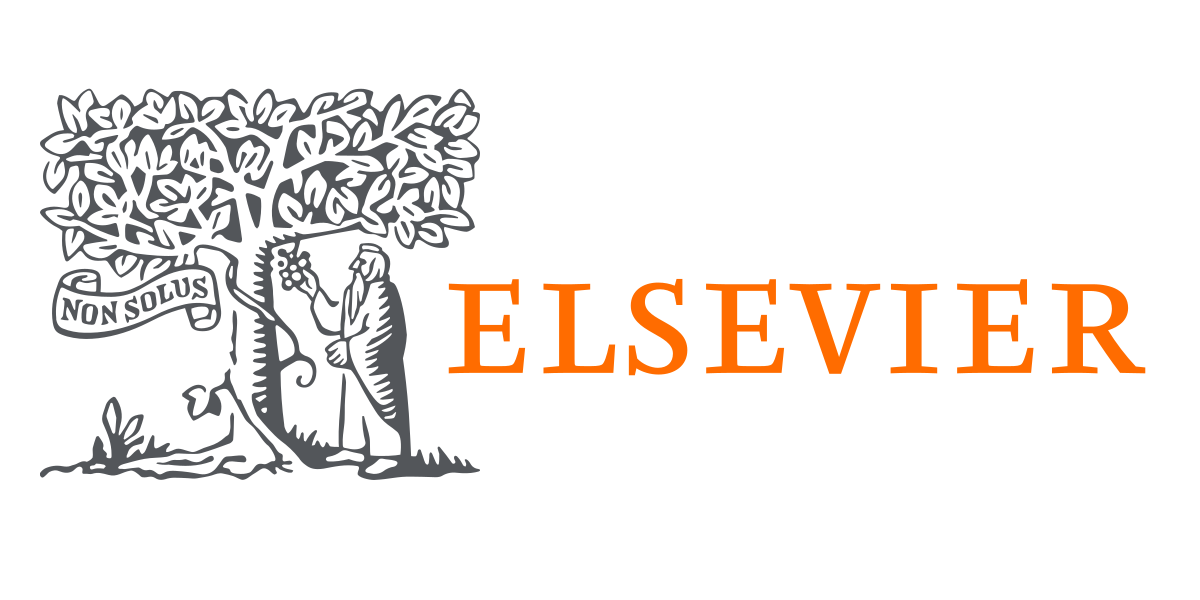With the support of : 
Although still in its infancy, generative artificial intelligence (GenAI) shows the potential to power
scientific discovery and development in many fields and disciplines. Beyond the exciting prospects of
generation of hypotheses and new scientific discoveries, it should prove a valuable tool for researchers
to keep up with global developments in their and other fields – and indeed for policy makers to find
and use the latest evidence, data and analysis on any topic. At the same time, universities, donors,
Researchers, publishers and other stakeholders are beginning to realize the benefits of applying GenAI
to extrapolate valuable knowledge from peer-reviewed content.
At the same time, there is growing awareness of the risks that need to be managed, such as
potential inaccuracies and misinterpretations of scientific results, risk of bias, respect for privacy
and security breaches and copyright violations.
Commission President von der Leyen recently proposed three pillars to ensure responsible management
and effective development of AI in Europe: safeguards, governance and guidance
innovation. These three pillars are all interconnected. Guardrails provide necessary boundaries
and protections, governance ensures appropriate oversight and accountability, and guides innovation
ensures that AI development is geared towards beneficial and productive outcomes.
In order to explore these topics in greater depth, Science|Business convened a meeting on November 29
a group of high-level personalities and experts – from Europe and beyond – to explore a “triple helix” of questions:
how GenAI is reshaping the world of science, future implications of science’s impact on society,
and where policymakers should focus their efforts to ensure the best possible outcomes
this transformative technology. This report presents the ideas, conclusions and recommendations
arising from this round table.


